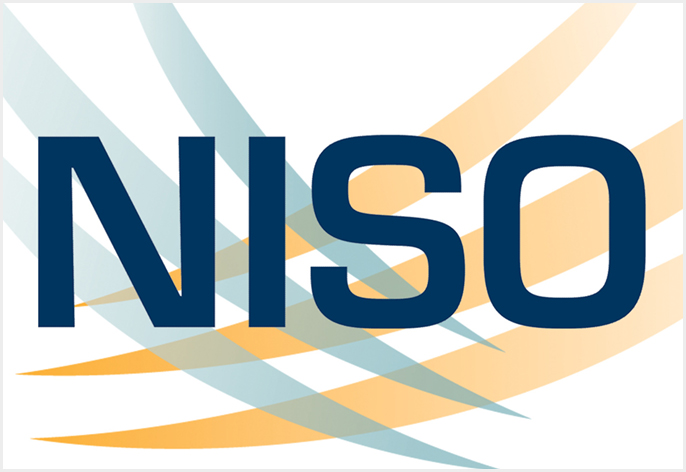
The National Information Standards Organization (NISO) is pleased to announce the publication of the Peer Review Terminology Standard (ANSI/NISO Z39.106-2023), which will support open research by simplifying the communication of peer review roles and practices and fostering greater transparency in the peer review process.
Peer review is universally acknowledged as critical to the research process, ensuring the quality and validity of scholarly research. With the move toward open research and the emergence of new peer review models, concerns around fairness in the peer review process have given rise to demands for greater transparency. Unfortunately, assessing peer review processes has been made difficult by the use of different nomenclature across publications. Recognizing the need for a solution, the International Association of Scientific, Technical, and Medical Publishers (STM) formed a working group on peer review terminology in 2019. After outlining an initial set of definitions and best practices, STM looked to NISO to build on these efforts and develop a formal industry standard.
ANSI/NISO Z39.106-2023, Peer Review Terminology, offers a simplified terminology that will make the peer review process more transparent to authors, reviewers, and readers across the journals that adopt it. A shared set of definitions will also enable the community to compare peer review processes across publications more easily. The new standard was developed for articles and journal publications, and a NISO Standing Committee may address books and other peer-reviewed research content in future.
Joris van Rossum, Director, Research Integrity, STM, who chaired the effort, remarked, “We are delighted that the Peer Review Terminology work is now an ANSI/NISO standard and are looking forward to this standardization enabling easy adoption and promulgation. Many pre-publication trials at publishers provided practical information to this output, and we are so appreciative of the valuable input of members of both the STM and later NISO working groups.”
Todd Carpenter, NISO Executive Director, added, “Strengthening overall trust in scholarly communication—in this case, the peer review process—through cooperation and open dialogue is exactly the role of NISO standards, and we are pleased to have been able to play a part in bringing the Peer Review Terminology to a wider community. Many thanks to Joris and the Working Group members for their energy and input. We look forward to continuing to support implementations of this new standard.”
The Peer Review Terminology Standard is freely available at https://www.niso.org/standards-committees/peer-review-terminology.


























